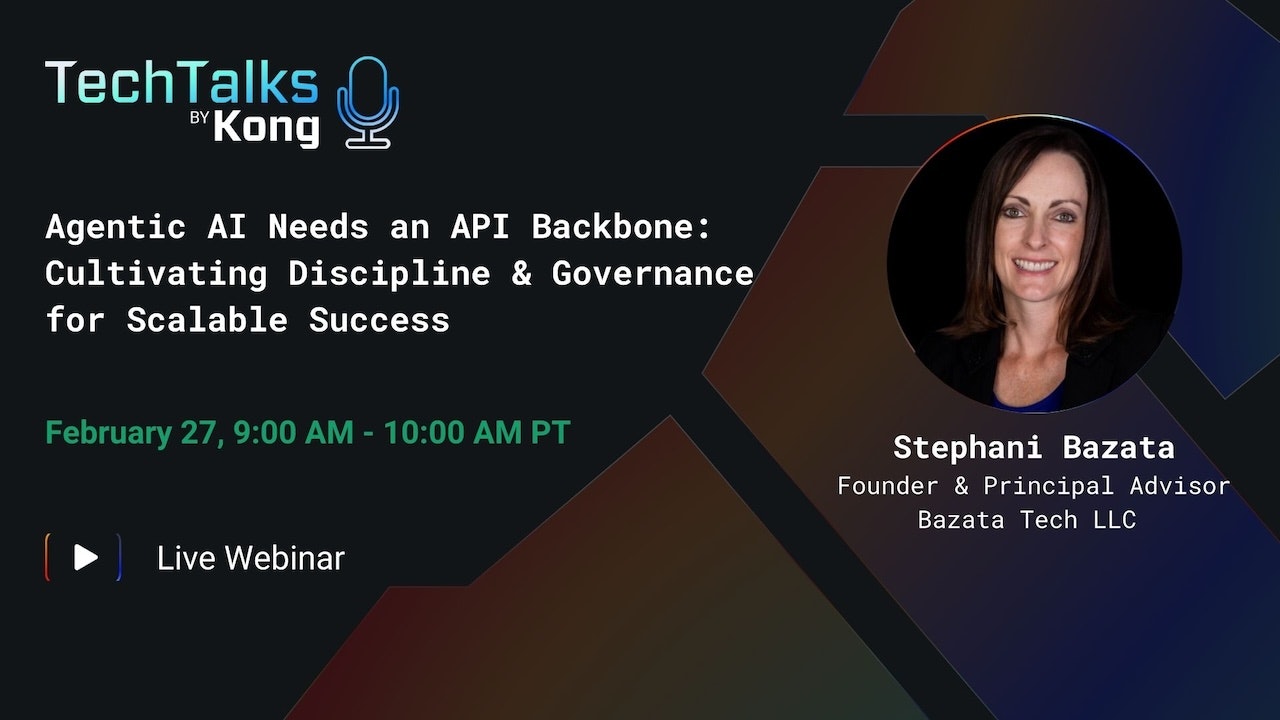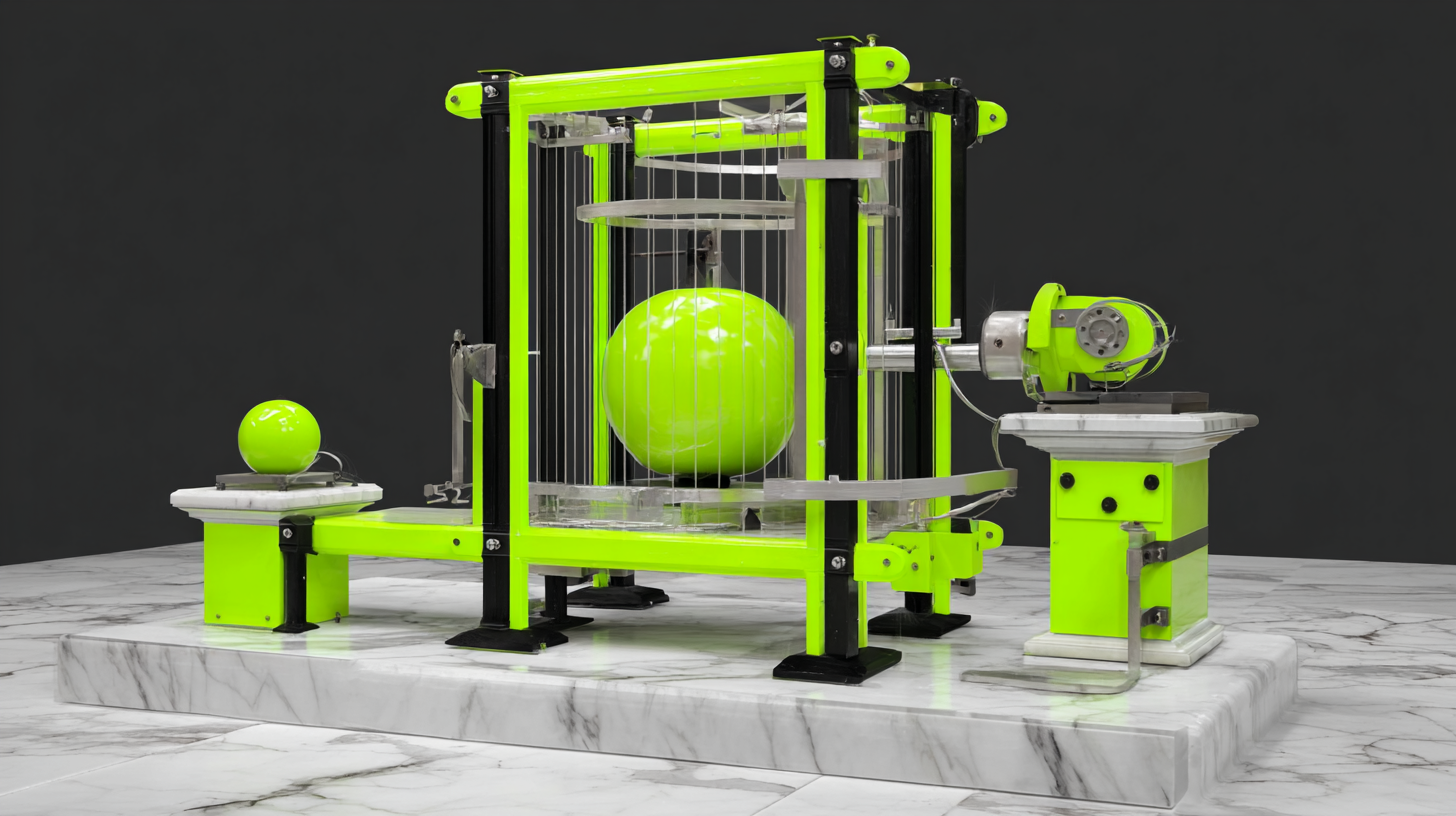Real-world applications of agentic AI
We’ve mentioned several areas where agentic AI will be impactful, but let’s take a closer look at which industries can benefit from these systems and how.
IT
IT desks are constantly flooded with requests and tickets that can overload small teams. Instead of relying on limited resources for small tasks like resetting passwords and setting up devices, you can shift these needs over to agentic AI systems. This way, they can troubleshoot problems for employees and generate external responses for customers.
Learn more about IT Leader's POV on API Security and AI-Enhanced Threats
HR
In HR, agentic AI systems can be trained to handle most onboarding and offboarding tasks and files, giving HR employees more time to focus on employee engagement and face-to-face contact. For instance, the AI could schedule interviews, conduct background checks, and ensure that staff partake in trainings. The systems could also analyze feedback and 360-degree reviews for each employee and recommend a career development path for their skills and performance.
Finance
Agentic AI may become especially relevant for portfolio management by analyzing market trends, adjusting investment strategies using the latest data and event intel, and driving trading decisions without the input of economic advisors. Agentic AI can also help with tasks like processing invoices, pinpointing fraud areas, and managing financial risks.
Healthcare
Agentic AI will undoubtedly revolutionize patient care and the healthcare system at large. These systems can be trained to monitor a patient’s vital signs, recommend medical interventions, and personalize treatment plans. These innovations may lead to earlier diagnoses, new medical therapies, and better hospital workflows.
Manufacturing
As manufacturing operations must become smoother and more efficient in fast-paced environments, agentic AI can help predict when machines need repairs, manage inventory automatically, and guide robotic assembly. These intelligent systems may eventually lead us toward fully automated production environments, minimizing health risks for human employees.
Cybersecurity
Of course, the digital landscape is ever-evolving with digital threats, and cybersecurity agents need new ways to monitor network traffic, detect anomalies, and respond to cyber threats in real time. This is where agentic AI comes in. By immediately responding to bad actors, these systems can prevent major security breaches.

The benefits and challenges of agentic AI
With the transformational promise of agentic AI comes a host of exciting AI benefits—as well as challenges that require careful consideration.
Benefits
- Efficiency and productivity: Because agentic AI systems can perform complex tasks independently, very little human oversight is needed, if any. This can free up time and resources for your workforce and improve overall productivity by optimizing workflows. These systems can also result in faster production times and reduced operational costs for your company.
- Personalization at scale: With its ability to continuously learn and adjust, agentic AI is excellent for providing personalized solutions to customers. Whether it’s recommending individualized treatment plans in healthcare, curating content for users on media platforms, or adjusting learning paths for students, agentic AI can tailor its actions to meet the specific needs of your audience for a more customized, user-friendly experience.
- Adaptability: Like we’ve discussed, Agentic AI systems respond to continuous data and feedback, which allows them to refine their actions for efficiency. This also makes them dynamic enough to move at your company’s pace. For example, a personal assistant powered by agentic AI can become better at managing schedules without the need for timely training, understanding preferences, and anticipating needs as it interacts with users.
Challenges
- Complexity: It should be noted that building an agentic AI system is a far more complex task than creating traditional rule-based AI, or even generative AI. This technology requires sophisticated algorithms with extensive data processing capabilities and real-time sensory inputs in order to reason, adapt, and make decisions autonomously. As such, the development process is resource-intensive and demands specialized expertise in both AI design and the specific domain where the system will operate.
- Ethics and accountability: Over the years, the concept of autonomous decision-making for human lives has raised ethical questions about responsibility and transparency—which can be a difficult challenge to approach. There is risk of unintended outcomes, as systems might take actions in ways that were not anticipated by their human designers. For instance, an AI system tasked with optimizing energy consumption might inadvertently lower performance in other critical areas. These concerns highlight the need for extensive, continuous testing and fail-safe mechanisms.
- Data privacy concerns: Agentic AI systems rely heavily on data to make decisions, and the more data they have to process, the better they can perform over time. But with extensive data comes expensive responsibility. If these systems can access sensitive personal information, such as health records or financial data, safeguarding that information becomes even more critical. Accidental breaches or misuses of data by an AI system could lead to privacy violations and noncompliance with data regulations.
The future of agentic AI
The implications of agentic AI are profound and widespread, as this technology is expected to completely transform how both individuals and industries interact with machines. In the coming years, we are likely to see agentic AI become more deeply embedded in day-to-day life through social media, home devices, vehicles, and more—moving beyond the virtual assistants or simple automation where we see them now. Additionally, as agentic AI grows more common, it will become an essential tool in industries like healthcare, education, and customer service
And with more technological advancements, agentic AI systems develop more human-like qualities, such as enhanced emotional intelligence, better natural language understanding, and the ability to read nuanced social cues and facial expressions. This will make for more intuitive and meaningful interactions between AI and humans in areas that rely on human touchpoints, such as customer support, counseling, and personalized learning. AI will only continue to bridge gaps between human oversight and machine efficiency, leading to automation that is responsive to both emotional and practical needs.
While it may be your first instinct to be skeptical of agentic AI systems taking on more decision-making power, rest assured that human design will need to scale alongside them. AI data governance frameworks will need to be built out to ensure these technologies are used responsibly. Additionally, the swift pace of AI development will require continuous adaptation of regulations and ethical standards to balance the technology’s vast potential with the need for secure, equitable implementation.
Conclusion
You’re likely already using AI in your daily life, either through chatbots, coding assistants, or image generators, and agentic AI represents the next groundbreaking shift in how artificial intelligence operates. By adapting to real-time changes and making decisions toward specific goals autonomously, this technology has the potential to revolutionize industries around the world — and we’ve only just begun to imagine its positive impacts. As we continue to explore and develop agentic AI, the key to harnessing its benefits will lie in responsible, secure AI innovation and accountability frameworks.
FAQs
Q: What is Agentic AI?
A: Agentic AI is a type of artificial intelligence that operates autonomously, executing tasks, making decisions, and interacting with its surroundings independently, without continuous human intervention. It focuses on accomplishing specific goals and adapting to evolving circumstances.
Q: How does Agentic AI differ from traditional AI and Generative AI?
A: Unlike traditional AI models that adhere to predetermined rules, Agentic AI is adaptive and goal-oriented. It's also distinct from Generative AI, which focuses on generating new content. Agentic AI emphasizes autonomous decision-making and interaction with its environment.
Q: What are the key features of Agentic AI?
A: The main skills of Agentic AI include autonomy, reasoning, adaptable planning, language understanding, and workflow optimization. These allow it to reach goals with minimal help, make choices based on current circumstances, change plans when needed, follow directions, and efficiently complete tasks.
Q In what industries can Agentic AI be applied?
A: Agentic AI has potential applications across various industries, including IT, customer service, HR, finance, healthcare, manufacturing, marketing, and sales. It can handle tasks ranging from automating service desk tickets to assisting in surgical procedures and optimizing marketing campaigns.
Q: What are the benefits and challenges of implementing Agentic AI in businesses?
A: Benefits include increased productivity, efficient automation of complex tasks, and the ability to handle multi-step processes with little oversight. Challenges involve the risk of overlooking rare cases due to reliance on statistical models, and the complexity of AI decision-making processes which can be difficult for humans to understand and trust.
Q: How can companies use Agentic AI responsibly?
A: To use Agentic AI responsibly, companies should ask the AI to explain its reasoning, allow human oversight and approval of AI decisions, conduct thorough testing to identify potential issues, and implement rules and controls to manage the AI's autonomy.











